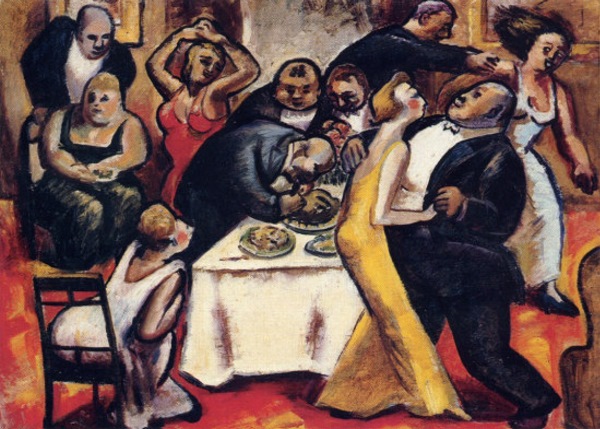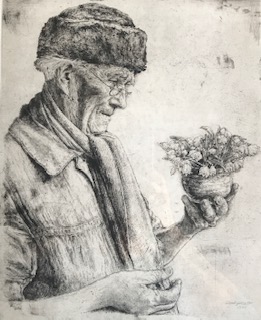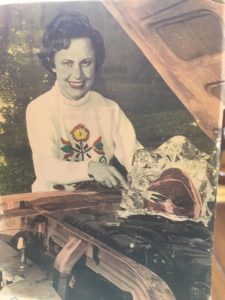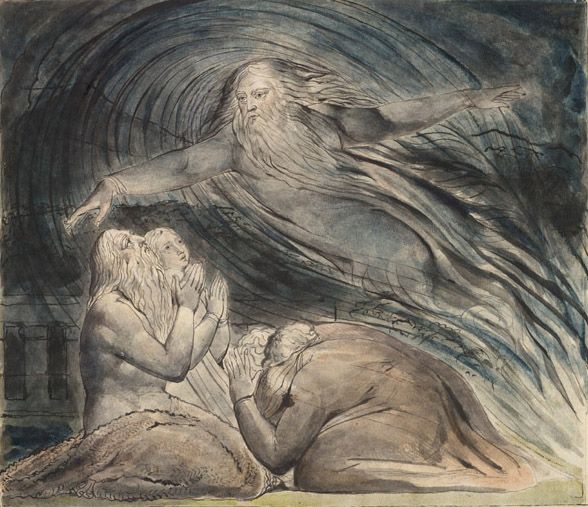Know Thyself
To “Know Thyself” is attributed to Socrates and was inscribed on the frontispiece of the Temple of Delphi. “The unexamined life is not worth living,” is also from the great philosopher. The Socratic method in its simplest form is a dialogue between a teacher and a student. Or on a deeper level, between your soul and yourself.
We look for instruction. We look for ways of illumination. We look for guidance. We look for revelation. It is way too easy to have others tell us what clothes to wear, what food to eat, what entertainment to absorb, or to explain to us a reason for our existence on this planet; what does it mean if it means anything at all. We are a needy people and dependent on something or someone greater than ourselves to help us navigate our lives before the onset of rigor mortis.
What does it mean to be human? To have the good life? By what standards of measure to we use to know if such a life is achievable? I recently read a quote from Os Guinness’ book Fool’s Talk that says, “What Socrates called the ‘unexamined life’ that is ‘not worth living’ now seems to be the life more people have slipped into than ever before. Most people, in other words, are happily diverted, but not conscious of it.”
What are the mirrors we hold up that might give us insight and entryways into who we are or who we might become: social media? Political parties? The Kardashians?
We are so easily distracted by the shiny bauble, or drawn to the rancorous rhetoric, or give in to the desire to accumulate, to pleasure, to materialism, to power. Maybe all these mirrors reflect back are the worst representation of ourselves.
If we are seeking only what brings pleasure and there is no higher value to our life than self-satisfaction, are we not Dr. Faustus insisting that our highest good is found only in a preoccupation of ourselves? We must be careful of the bargains we make and with whom.
To know yourself is to give yourself away. Live in such a way that people’s eyes light up when they see you approach, that your tongue speaks kind words, that you slow down as you navigate through life. And from time to time, when you enter a metaphorical “wilderness,” remember it can be for the sanctification of the soul. Don’t try to avoid it, don’t seek distractions, and do not waste time railing against it. There are deeper truths ahead, and deeper meaning to knowing yourself once you emerge on the other side.










